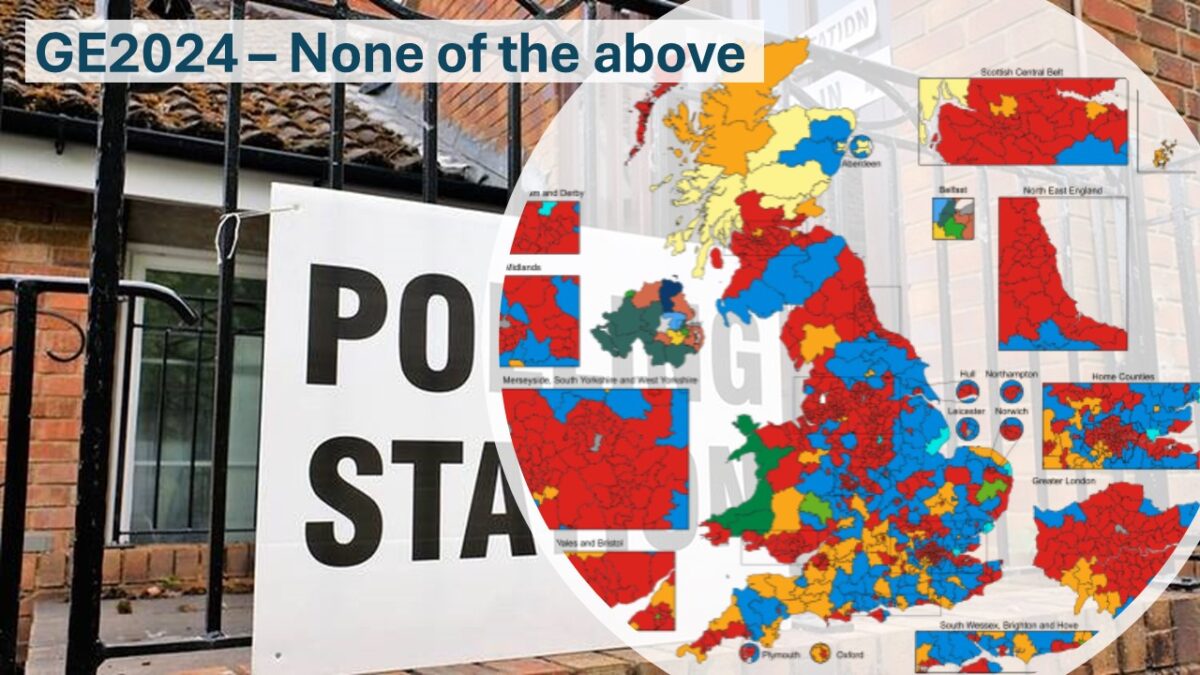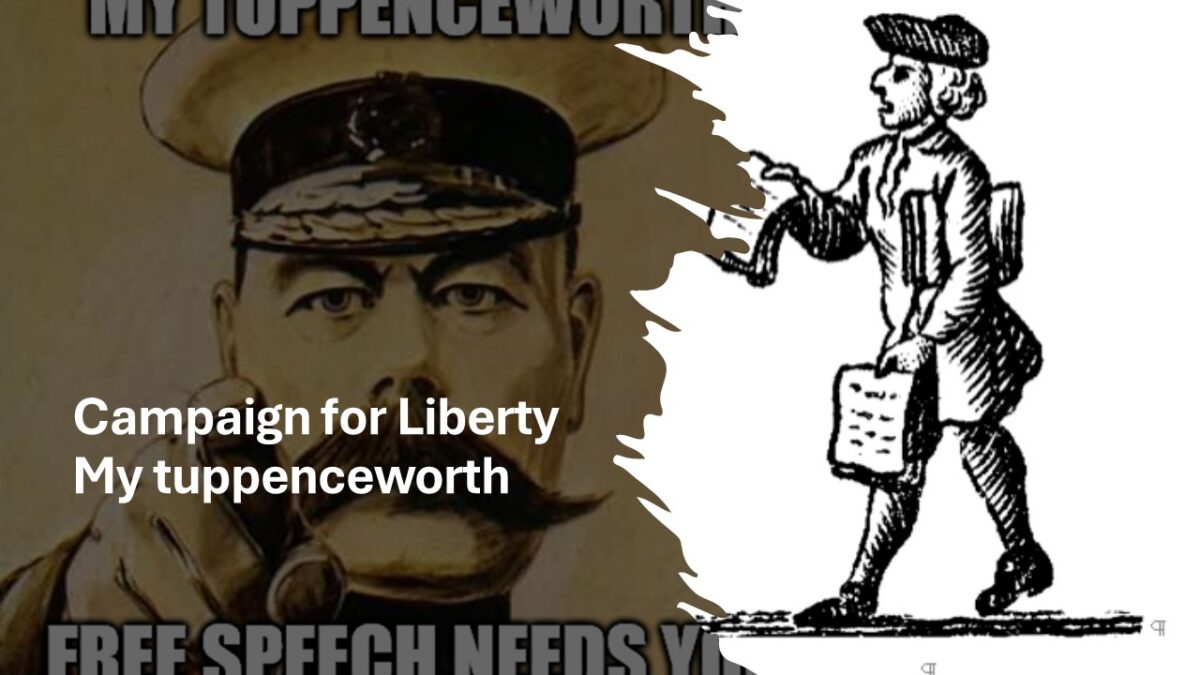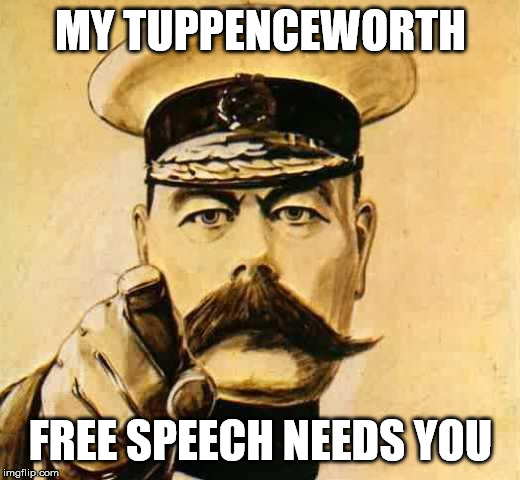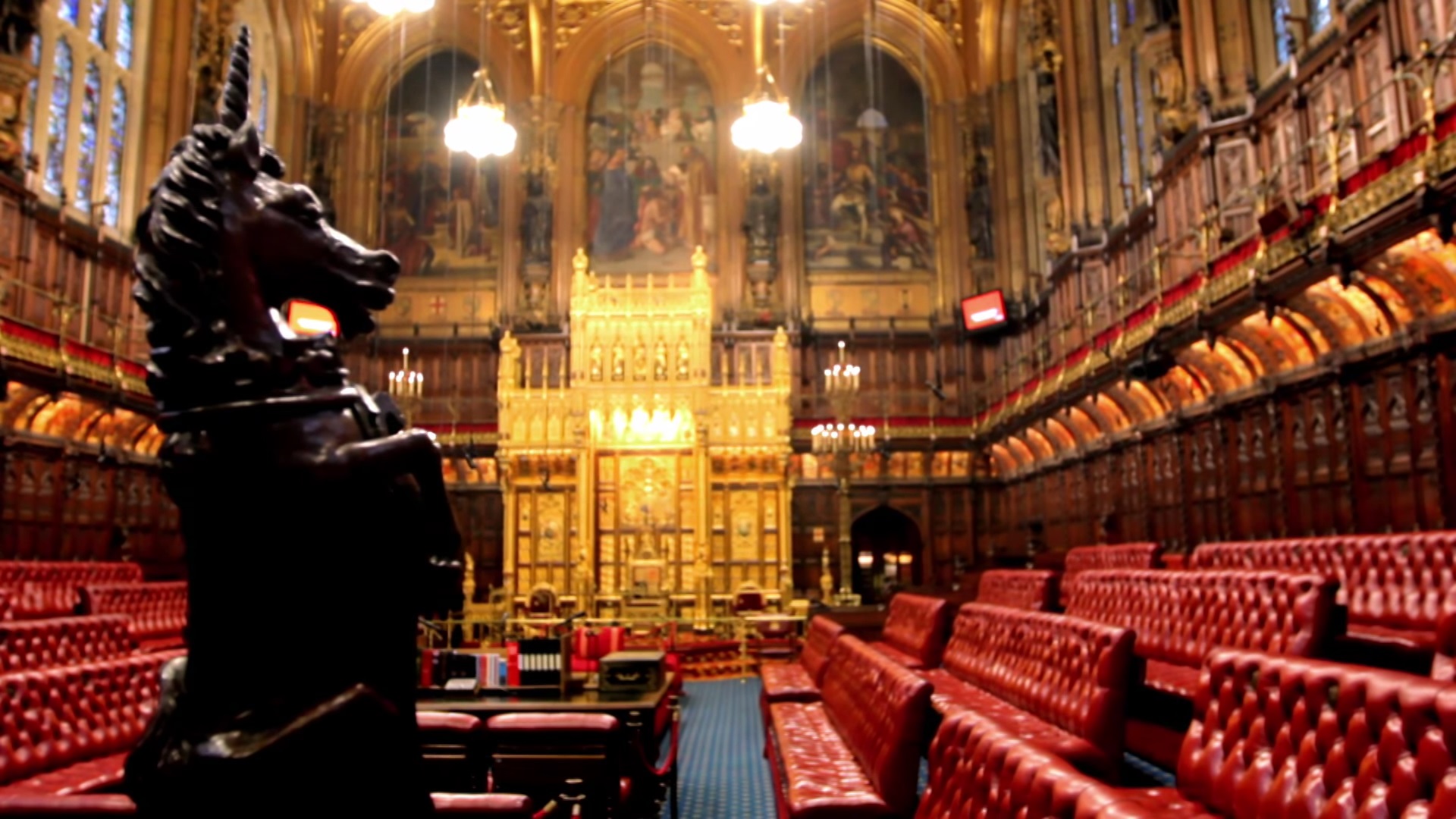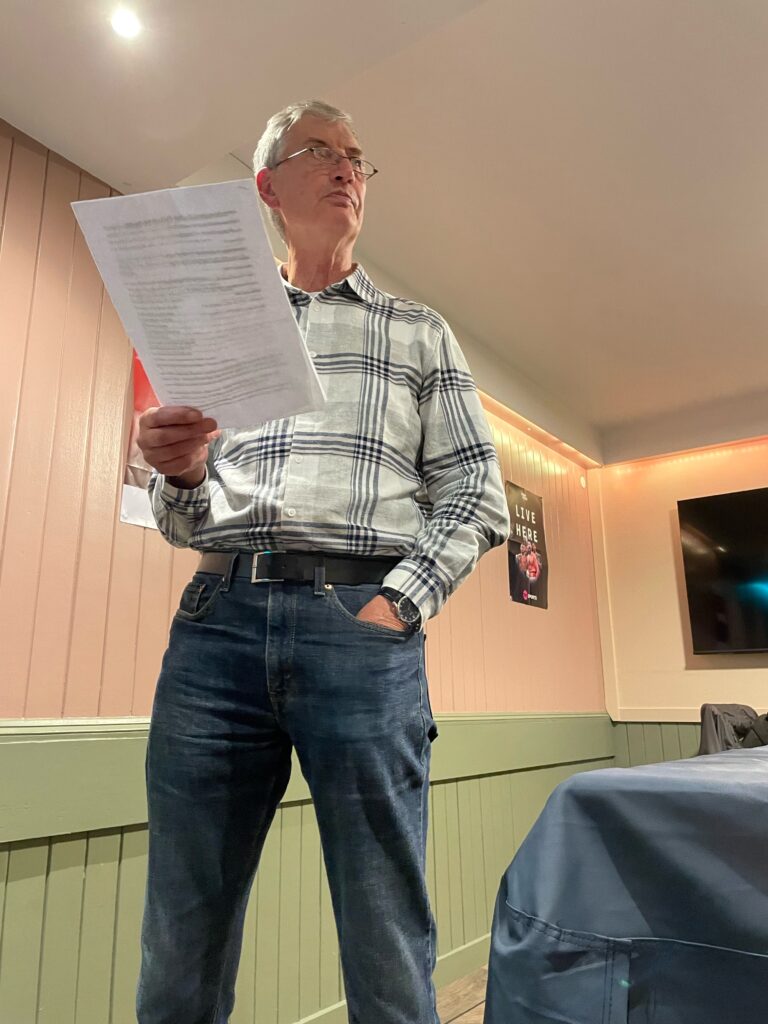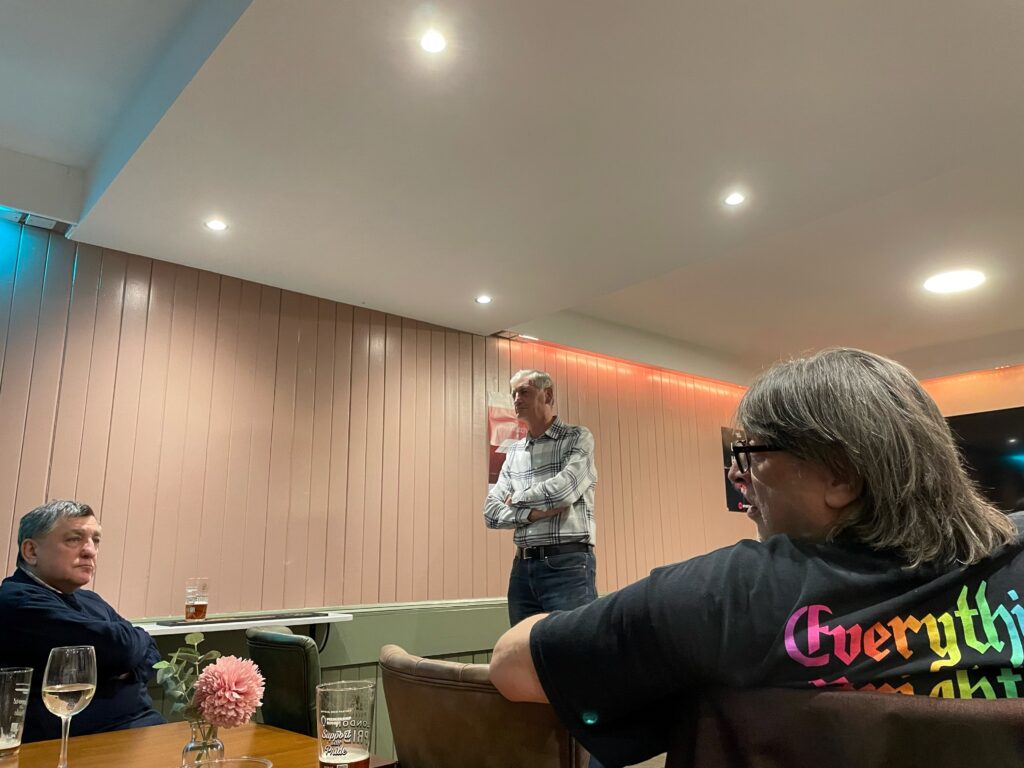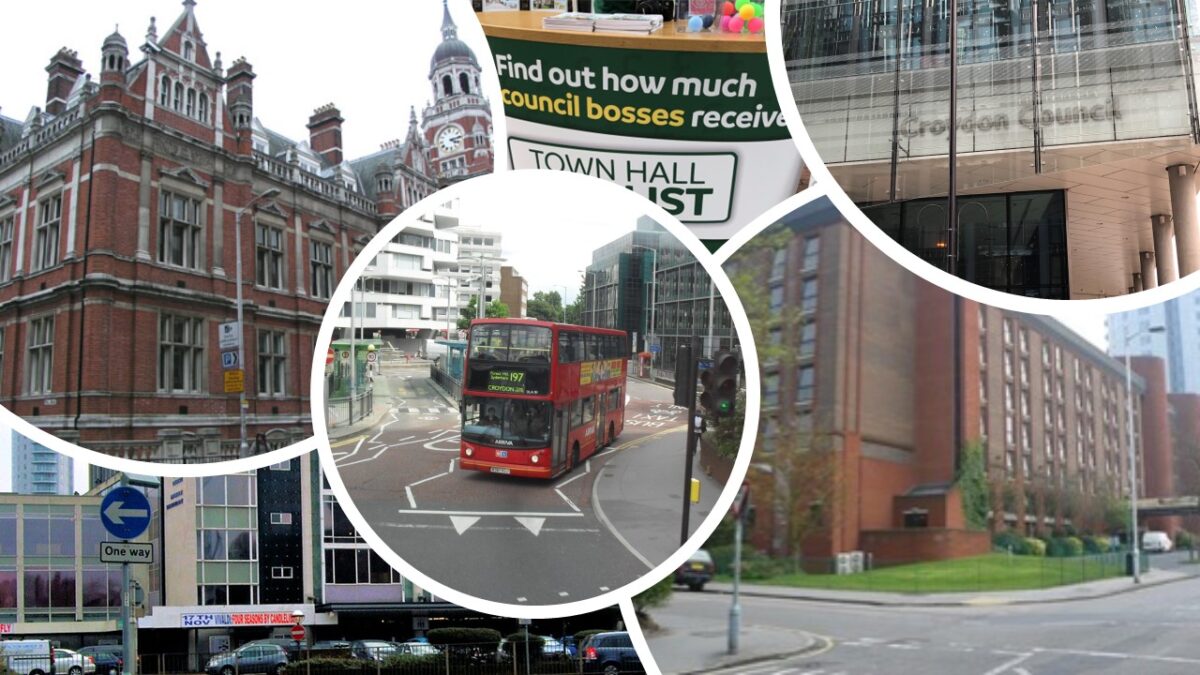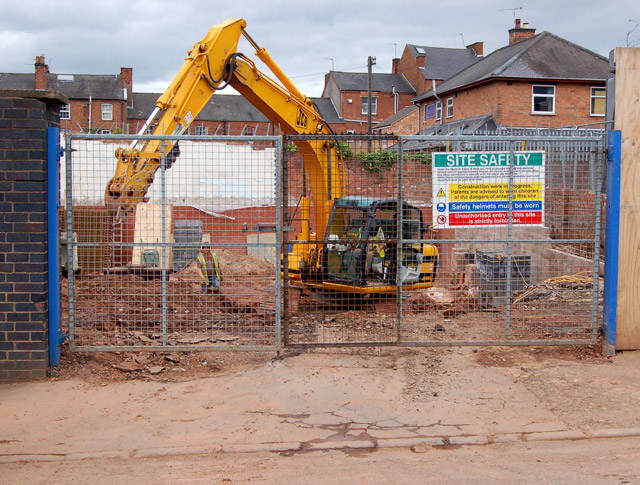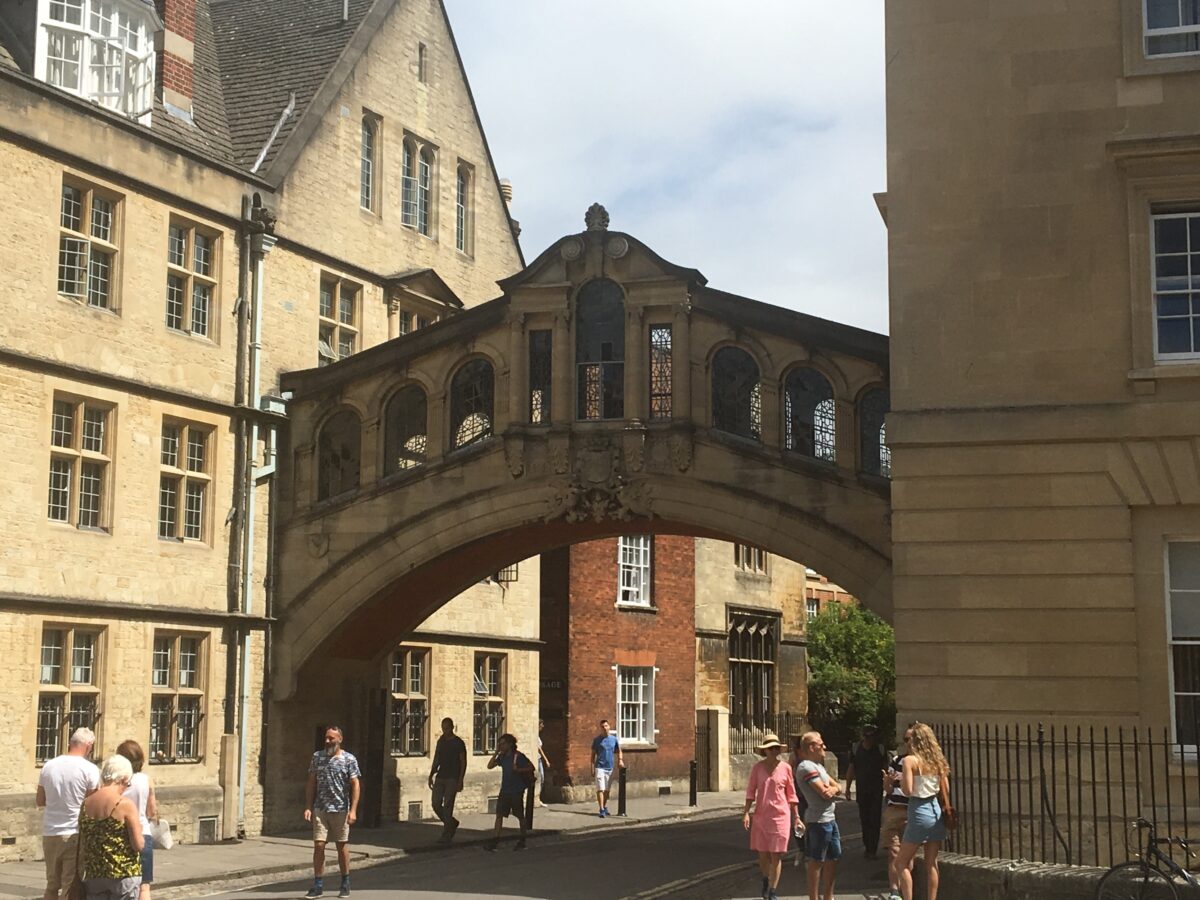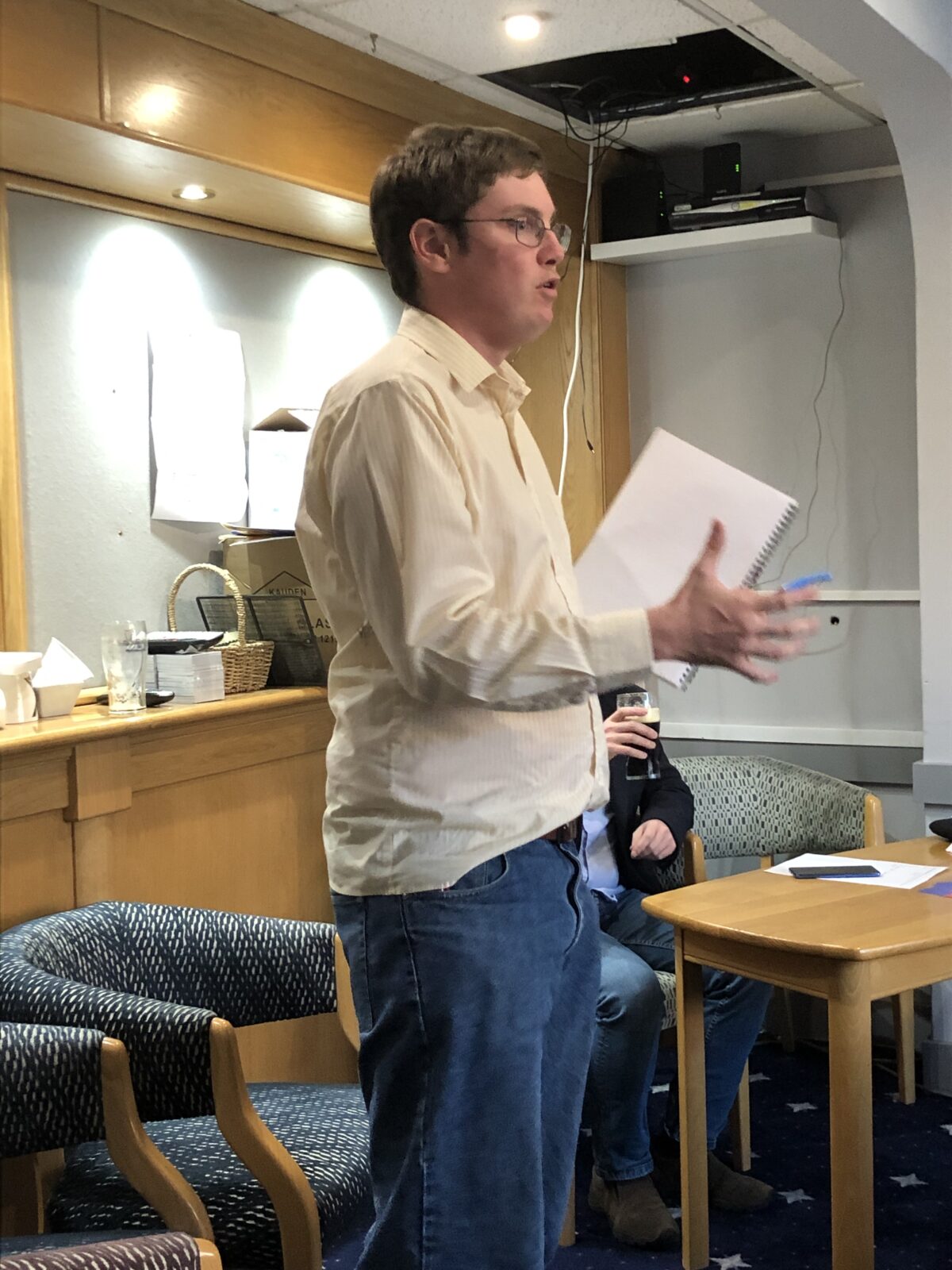My tuppenceworth speech by Mike Swadling
“What I’m saying is, I think only an idiot would vote for me.”
That could have been Rishi Sunak’s general election campaign strategy”
2024 was in many ways the ‘none of the above’ election. In the classic 1985 movie Brewster’s Millions, Richard Pryor’s character say’s
“I figure voting for Salvino or Heller is just as silly as them running for office, which is just as silly as me running for office. The only thing that’s silly is the power of the people’s vote. And I think the people should use it to vote for… None of the above.”
He’s asked, “Mr. Brewster, are we to understand that you actually don’t want anyone to vote for you?”
And answers, “What I’m saying is, I think only an idiot would vote for me.”
That could have been Rishi Sunak’s general election campaign strategy, and judging by voter turnout it could have also almost been Labour’s
It came as a surprise to me to learn that ‘none of the above’ is a popular international option, which includes ‘none of the above’ on ballots as a standard option, in Argentina, Belarus, Belgium, Bulgaria, Canada, Colombia, France, Greece, India, Indonesia, Mongolia, the Netherlands, Norway, Peru, Spain, Kazakhstan, Switzerland, Uruguay and the US state of Nevada.
“Comparing 2024 votes to the average of the previous three elections, the total votes were down 9%. The Labour’s vote was down 10%. The Tory vote was down 47%”
We should acknowledge that 54.7% of the vote went to the Conservatives and Labour. But in many ways the big winners of the election were anyone out of power. We saw in Scotland the SNP get pushed back, and across England and Wales the Greens, Reform and independent MPs doing particularly well.
We are Democrats. Labour won a stonking majority, and they now have a mandate to govern. But, it’s clear they’ve not gained a popular mandate. I’m hardly the first to say it, and although half the people here might not really remember it, this isn’t Labour’s win in 1997.
Comparing 2024 votes to the average of the previous three elections, the total votes were down 9%. The Labour’s vote was down 10%. The Tory vote was down 47% compared to the last three elections. Reform was up 6% on 2015. 2015 being the obvious comparison with UKIP. The Lib Dems were up 24% and the Greens were up 123%.
What happened locally? It’s hard to make a direct comparison in Croydon due to the constituency changes. Those that don’t know, Streatham came into Croydon North. and Croydon has increased in population. But roughly what’s happened? In 2015, 2019 and 2024, I’ve left out 2017, because it really was quite an anomaly. Elections have had virtually the same number of voters, despite big increases in population and for this last election adding Streatham into that mix.
“Reform’s vote is locally, back to the same level UKIP received in 2015. This was achieved with no ground game and barely visible candidates, which suggests there’s some room for growth”
Compared to the last election in 2019, the Conservative vote has dropped by 12.2%, but Labour’s has dropped by 1.2%, again despite adding Streatham, which is a predominantly Labour area. The LibDem vote was basically a wash between now and the last election. The big changes were the Greens up 27.6% on 2019 and Reform up 54.9%, of course Reform didn’t run in Croydon South in 2019.
Reform’s vote is locally, back to the same level UKIP received in 2015. This was achieved with no ground game and barely visible candidates, which suggests there’s some room for growth. Much as it pains me to say this, the real success story was the Greens, who basically achieved a 75% higher vote than they did in 2015.
I believe the Greens are the ‘none of the above’ vote for many people who don’t know what their actual policies are. The local elections were held in 2021, which included the delayed locals from 2020, where the first local elections in many areas since the high point of UKIP. In ward, after ward, after ward, the UKIP vote went down, basically because they didn’t stand a candidate, by exactly the same amount as the Green Party vote went up. Now, this may be because of a particular demographic change in the area. It may be because the people that wanted out of Europe also wanted net zero. It may also be because they were voting for ‘none of the above’ in 2015 and they were voting for none-of-the-above in 2021. In saying this I acknowledge as someone who stood for UKIP, many may have voted for the party, primarily as they represented at the time ‘none of the above’.
Croydon, though, is still largely a two-party town. 73% of the total vote. But these same two parties saw their vote go down by 23,000 over the last election, whilst other parties’ votes went up by 22,000.
“if you deliver on your promises you can win. This may have also been a dig at some senior people in his party, but it could be rather a positive sign of what we need politicians to do”
Fewer people are voting, more are tactically voting, and more are voting for smaller parties. I think it’s reasonable to assume people are voting with more knowledge rather than just voting for the traditional red or blue party.
Here in Croydon South, Chris Philp pulled out an unexpected result and won. His vote went down, and there looks like an awful lot of tactical voting, but still Chris prevails as a local Conservative. On the night, he put it down to delivering on his promises locally, which included DEMOC, and planning. On the night he also asked Mayor Jason Perry to commit to the Purley Pool. He said, basically, if you deliver on your promises you can win. This may have also been a dig at some senior people in his party, but it could be rather a positive sign of what we need politicians to do. Hopefully it catches on for the future.
Transcribed by https://turboscribe.ai/dashboard

